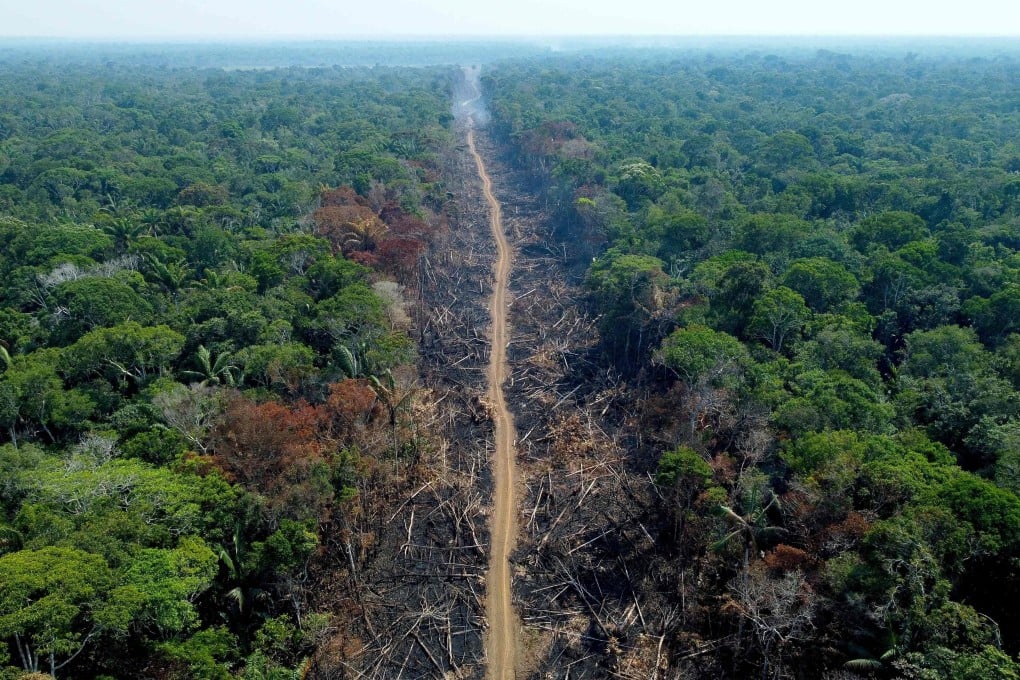Advertisement
Opinion | Xi Jinping and Luiz Inacio Lula da Silva must discuss China’s role in protecting Brazilian Amazon
- Brazil’s new president must make good on his pledges to protect the Amazon from deforestation by securing China’s support
- As a major importer of Brazilian beef and soybeans, China has huge influence over agricultural activity in the Amazon
Reading Time:3 minutes
Why you can trust SCMP
5

When Brazil’s newly elected President Luiz Inacio Lula da Silva meets President Xi Jinping on March 28, there is one issue both leaders need to address: the surging deforestation in the Amazon, which is pushing the rainforest towards its tipping point.
Brazil is the world’s fifth-largest emitter of greenhouse gases, behind only China, the US, India, and Russia. In 2021, due to the anti-environment agenda imposed by former president Jair Bolsonaro, the country recorded its highest rise in emissions in nearly two decades, according to data published by the Brazilian Climate Observatory.
The main cause, accounting for almost half of the country’s emissions that year, was changes in land use, which includes deforestation.
Advertisement
Research from this year shows that 17 per cent of the Amazon has already been cleared, and of the remaining forest, 38 per cent is degraded. At this scale and pace, the forest may soon be unable to sustain its own water cycles, transforming large parts of the ecosystem into savannah.
Deforestation and related biodiversity loss are also a threat to the economy. Globally, agribusinesses are expected to lose an average of 7 per cent in value by 2030 due to unpriced nature and climate risks. The UN has called deforestation the “new coal” in investors’ portfolios.
Advertisement
Lula has already taken steps to protect the Amazon, including re-establishing the Action Plan for Preservation and Control of Deforestation of the Legal Amazon (PPCDAm) – responsible for the 83 per cent drop in the Amazon deforestation rate verified between 2004 and 2012 – and restoring the Amazon Fund.
Advertisement
Select Voice
Select Speed
1.00x
